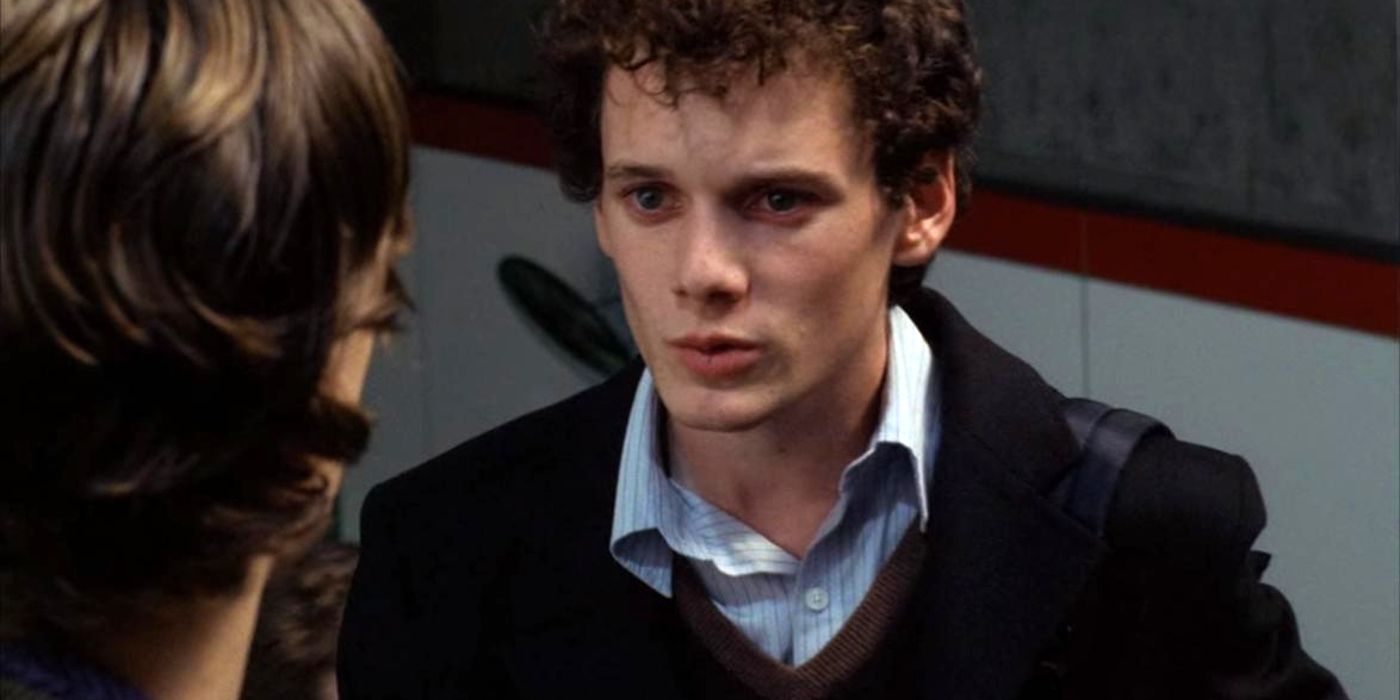
Nathan Harris: Unraveling the Enigmatic Criminal Minds Character

Discover why fans are divided over Nathan Harris, a teenage character on Criminal Minds Unveiling early signs of a potential serial killer, Reid's decision to save him sparks controversy
Nathan Harris stands out among the many one-off characters featured in Criminal Minds. The show revolves around the Behavioral Analysis Unit (BAU), a team of FBI criminal profilers tasked with identifying and apprehending unidentified subjects, also known as "unsubs." While the show typically divides its characters into the traditional categories of "good" and "bad" guys, it occasionally delves deeper, challenging the audience's simplistic black-and-white perspective. Nathan Harris serves as a prime example of such complexity.
In the 11th episode of season 2 of Criminal Minds, titled "Sex, Birth, Death," Spencer Reid (portrayed by Matthew Gray Gubler) encounters a teenager named Nathan Harris (played by Anton Yelchin). Initially, Reid suspects him to be the elusive killer they are pursuing, but he eventually realizes his mistake. Throughout this captivating episode, both characters delve into complex moral dilemmas that lack definitive answers, making it one of the standout episodes featuring Spencer Reid.
Nathan Is A Teenager With Early Serial Killer Signs
At the beginning of the episode "Sex, Birth, Death" in Criminal Minds, Nathan Harris, a high school sophomore, attends a lecture on sexual sadism by Spencer Reid at Georgetown. Overwhelmed by his own fears and abilities, Nathan decides to follow Reid and engage in a conversation about serial killers with sexual motives. During their discussion, Nathan comes to the realization that he shares similar traits with these killers. However, there are a few distinguishing factors that set him apart from other unidentified subjects (unsubs). Firstly, Nathan is conscious of his sexual proclivity. Secondly, he is actively striving to change and prevent himself from harming others. His intense interest in sexual sadism drives him to acquire as much knowledge as possible about his own brain.
The character Nathan Harris serves as a real-life demonstration of the ongoing nature versus nurture debate, a fundamental topic in psychology. Given the premise of Criminal Minds, it was inevitable for the show to delve into this subject matter. Nathan, despite his mental illness and innate inclination towards criminal behavior, receives support from mental health professionals and caring adults. The show deliberately refrains from providing a definitive answer to this question, allowing the audience to form their own opinions.
Reid Questions His Decision to Save Nathan
After analyzing Nathan Harris's psychological profile, Agent Jason Gideon (Mandy Patinkin) endeavors to persuade the boy's mother (Jessica Tuck) that he requires inpatient treatment. Despite his efforts, she declines and suggests therapy as an alternative. As a result, Nathan's condition deteriorates, leading him to engage the services of a sex worker, unsure of his intentions towards her. His urge to commit murder intensifies by the moment, prompting Nathan to conclude that the only way he can safeguard others is by taking his own life. With this grim decision in mind, he retrieves a knife and Reid's business card, proceeding to make a suicide attempt. In a stroke of fortune, the sex worker alerts Reid, who rushes to the scene to save Nathan's life.
Reid wrestles with his choice, contemplating the potential consequences. Despite the psych evaluation indicating that Nathan could become a serial killer, Reid ultimately made the right decision by saving him. It is crucial to prevent any loss of life through suicide, especially considering Nathan's innocence. Criminal Minds highlights the notion that branding someone as a murderer can potentially drive them to commit murder. By opting to rescue Nathan, Reid may have shattered this self-fulfilling prophecy. Moreover, he may have instilled in Nathan the optimism necessary to believe in his own recovery.








